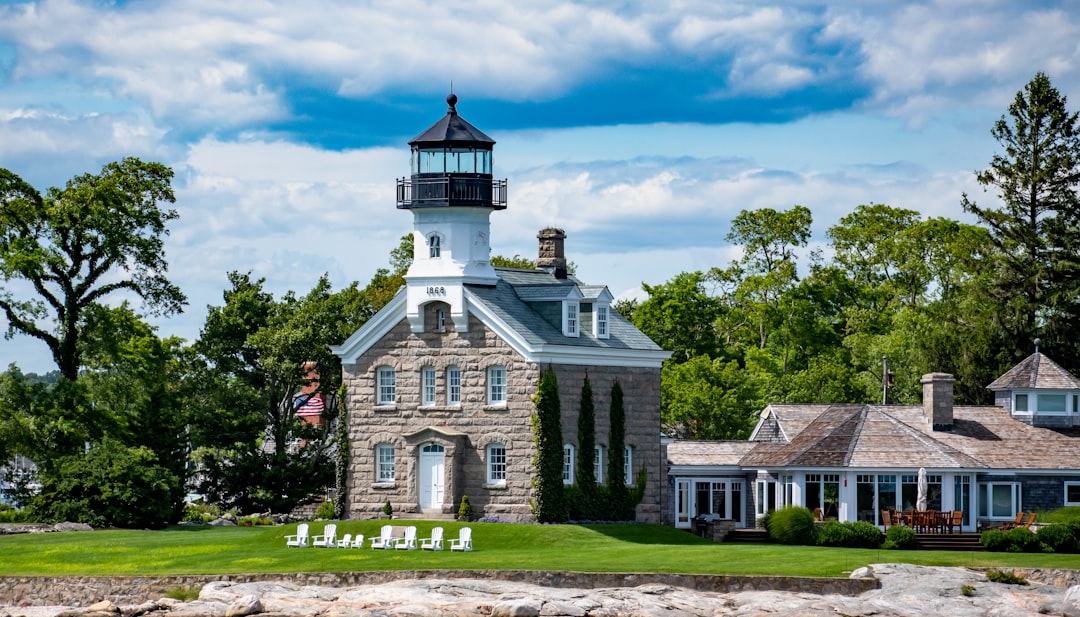Connecticut struggles to support its aging population, particularly in addressing sexual assault against seniors. Local elderly sexual assault law firms advocate for policy changes and specialized resources, highlighting critical gaps in services despite efforts to strengthen elder protection laws. These firms play a vital role in challenging inadequate practices, pushing for evidence-based policies, and fostering a culture of accountability and safety for Connecticut's elders, especially those from low-income backgrounds.
In Connecticut, advocating for better elderly care policies is crucial to address the growing concerns regarding the well-being of senior citizens. This article delves into the current state of elderly care, highlighting specific challenges like sexual assault and related issues. We explore gaps in existing policies and propose evidence-based recommendations. Furthermore, we emphasize the critical role of specialized elderly rights law firms in driving change and ensuring Connecticut implements protective measures to prevent and address elderly sexual assault.
The Current State of Elderly Care in Connecticut: A Comprehensive Overview

In Connecticut, the current state of elderly care is a complex issue that requires immediate attention. With an aging population, ensuring proper support and services for seniors has become a paramount concern. The state’s elderly care system encompasses various aspects, from residential facilities to home-based services, all aimed at enhancing quality of life and independence for the aged. However, several challenges persist.
One pressing issue is the lack of comprehensive sexual assault prevention and response strategies specifically tailored for older adults, an area where elderly sexual assault law firms in CT have been advocating for stronger policies. Additionally, while Connecticut has made strides in providing healthcare services, there remains a gap in accessible, affordable care, particularly for low-income seniors. The state’s elderly care policies must address these gaps to foster a safe, inclusive, and supportive environment for the growing senior population.
Identifying Gaps and Challenges: Sexual Assault and Related Issues

In Connecticut, advocating for better elderly care policies involves a nuanced understanding of the unique challenges facing the state’s aging population. One critical area that demands attention is the prevention and addressing of sexual assault against seniors. Despite efforts to strengthen elder protection laws, there remain significant gaps in services and support for victims, especially considering the sensitive nature of these crimes. Many cases go unreported due to shame, fear, or cognitive impairments that hinder communication.
Elderly sexual assault law firms in CT play a vital role in advocating for policy changes by highlighting these issues and providing legal assistance to affected individuals. They emphasize the need for comprehensive training for caregiving staff on recognizing signs of abuse and responding appropriately. Furthermore, they push for increased funding to establish specialized hotlines, crisis centers, and legal aid programs tailored to assist elderly victims of sexual assault and ensure their rights are protected.
Advocating for Change: Policy Recommendations and the Role of Legal Firms Specializing in Elderly Rights

Advocating for change in elderly care policies is a multifaceted effort, and legal firms specializing in elderly rights play a pivotal role in driving this transformation. These firms bring expertise and resources to bear on issues such as abuse prevention, access to quality healthcare, and ensuring respectful treatment of Connecticut’s aging population. By leveraging legal strategies, they can challenge inadequate practices and push for evidence-based policies that enhance the well-being of elderly residents.
Elderly sexual assault law firms in CT are at the forefront of this advocacy, addressing a critical yet often overlooked aspect of elder care. These specialized firms work to strengthen laws and regulations, provide support services for survivors, and raise awareness about the prevalence of sexual abuse within senior living facilities. Their efforts contribute to a culture of accountability and safety, empowering elders to live with dignity and security.





